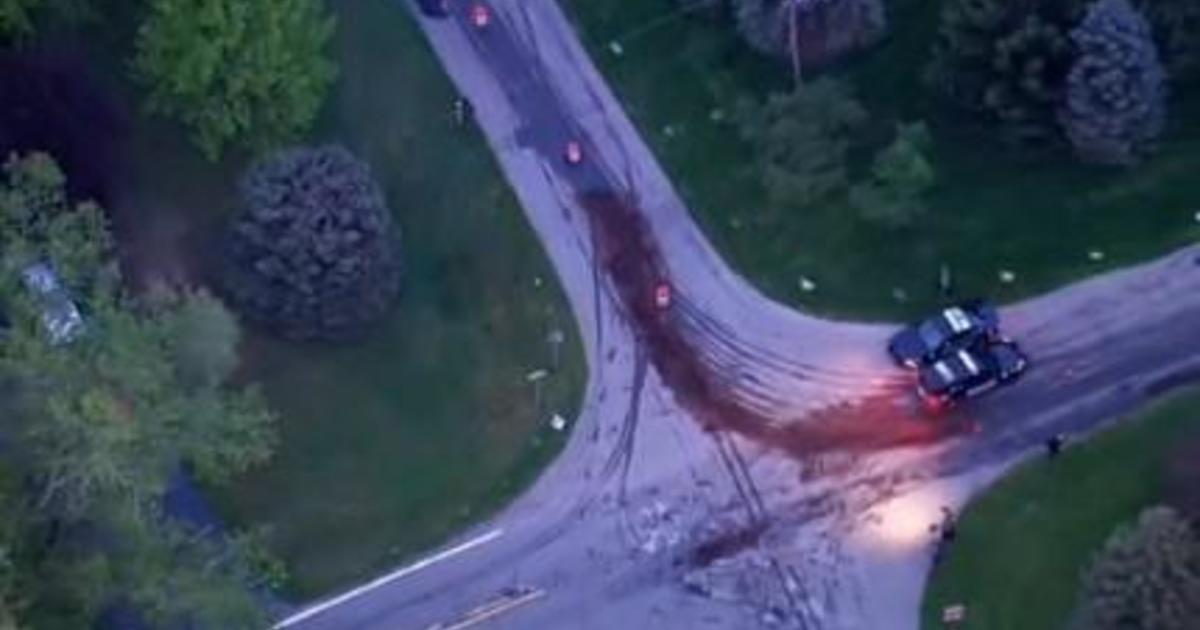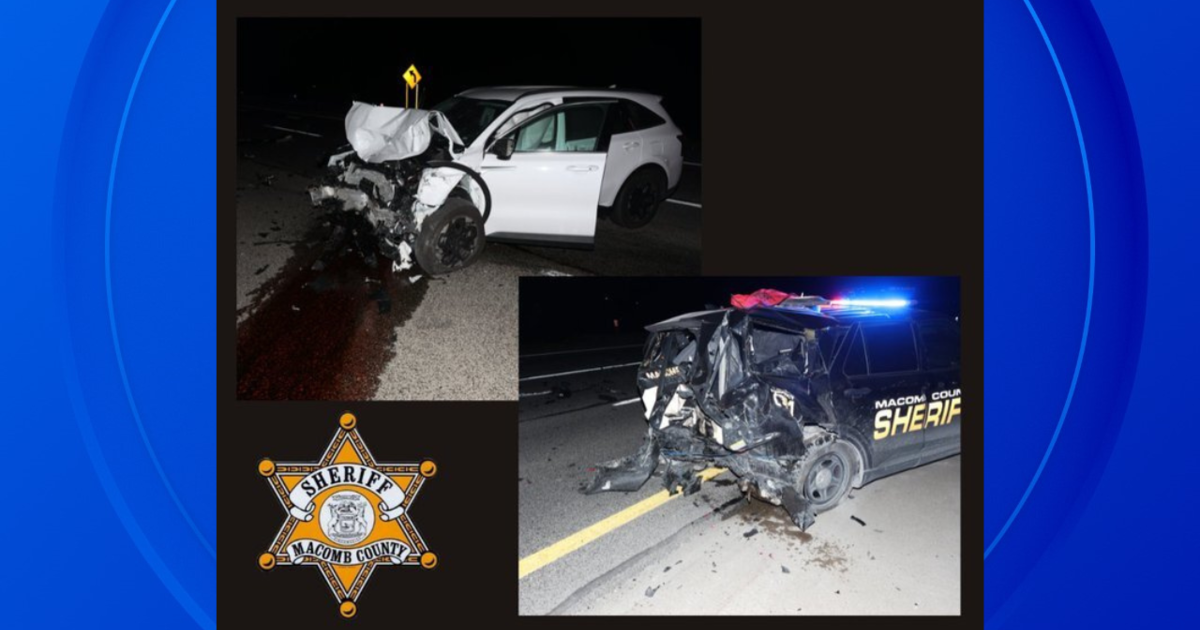How Old Is Too Old To Drive?
*This content is provided by Waltonwood Senior Living.
Driving is a daily activity that is very hard for people to give up. Though there is no exact answer to this question there is a lot to consider as we or our loved ones age.
Driving might seem easy and natural but it's actually a complex, fast paced activity. It involves sensing information about traffic, road conditions, signals, markings, and the car's behavior, deciding what to do based on that information, and then acting, all in rapid-fire succession. A typical driver makes 20 decisions per mile, with less than half a second to act to avoid a collision and aging can affect all of this.
As we age our senses decrease. Our eyes decline progressively as we get older, especially after the age of 50. We lose our ability to distinguish details, change focus between objects and our field of vision typically narrows, increasing the possibility of collisions. Hearing decreases as we get older making it harder to hear high pitched sounds such as sirens, horns and railroad warnings. Older drivers also tend to respond more slowly to crisis. Weaker muscles and limited range of motion can restrict their ability to grip and turn the steering wheel, press the accelerator or break and reach for doors and windows.
By the year 2020, the United States will hold 54 million Americans over 65 years of age — and many of them will be driving. A look at the statistics shows that you have good reason to be concerned:
Older drivers become more crash-prone with age, even though they drive less. The crash rate per mile driven rises steadily for drivers 65 and older, and those drivers are involved in more crashes per mile driven than any other age group except teenagers. And because older drivers are more fragile, their fatality rates are 17 times higher that those of 25 to 64-year-olds.
So how old is too old to drive? Although experts agree that driving ability generally begins to deteriorate at age 55, everyone's skills differ. Some people can drive well into old age and others can't. Every driver deserves their strengths and weaknesses to be looked at individually.
You should also plan ahead by having regular checkups and driving assessments, choosing a safe car and identify alternative modes of transportation. In choosing a retirement home, look at access to public transportation, ability to walk services and whether transportation is provided by the community.
To learn more on aging and driving or to learn how Waltonwood Senior Living communities can help with transportation needs go to www.singhseniorliving.com.
Special thanks to Catherine Lysack, Ph.D., O.T.(C) and Joe Pellerito, Ph.D., O.T. (R) for their contributions to this article. Dr. Lysack is the deputy director of the Institute of Gerontology and a professor of occupational therapy at Wayne State University. Dr. Pellerito conducts driving research at Western Michigan University.



